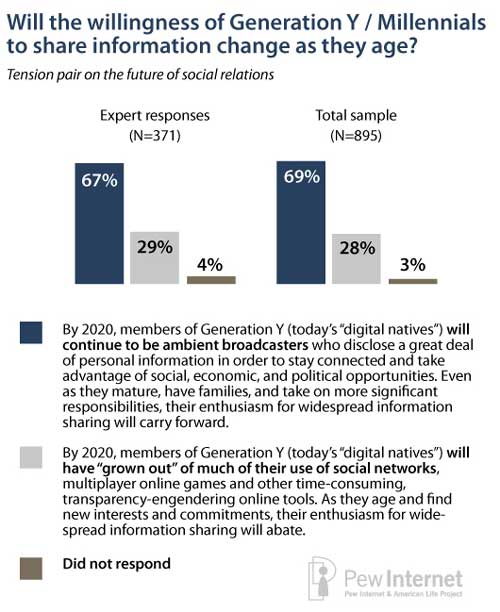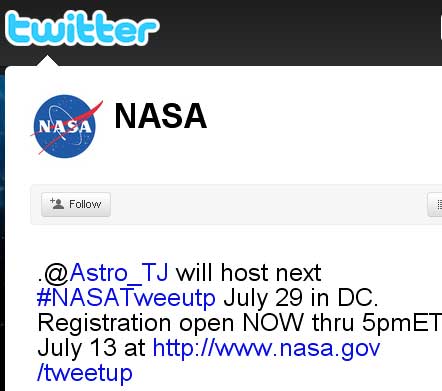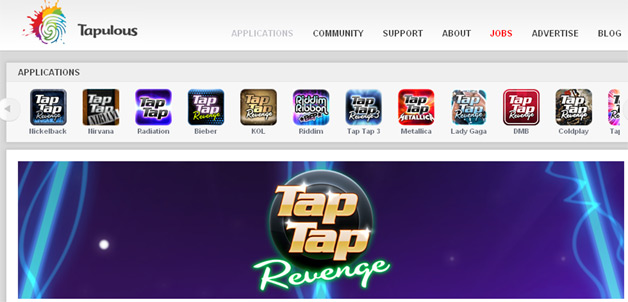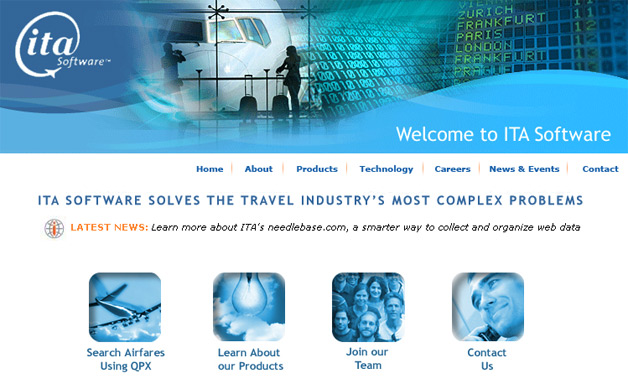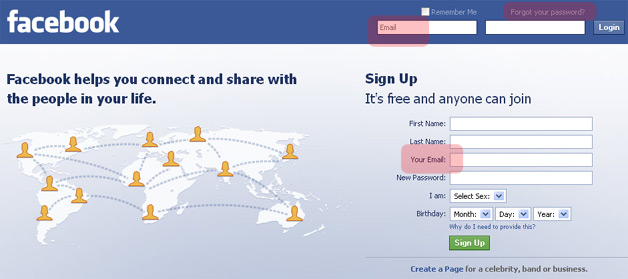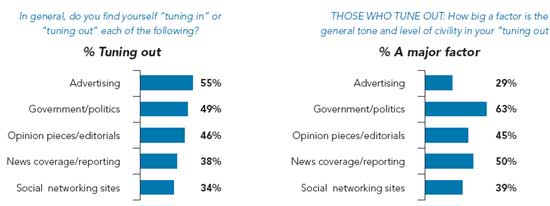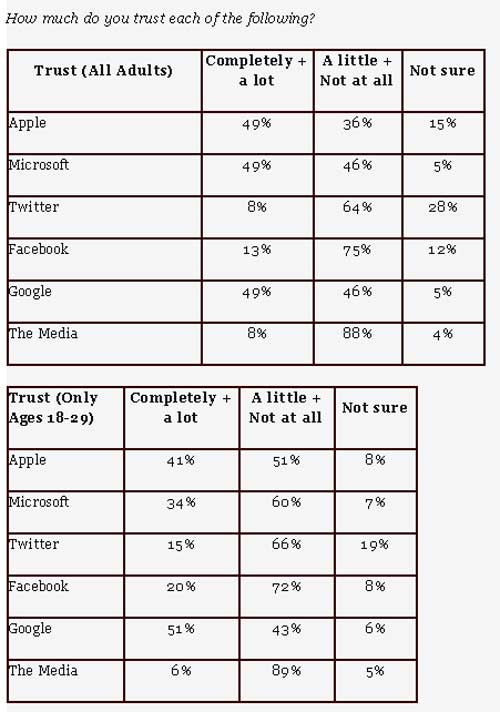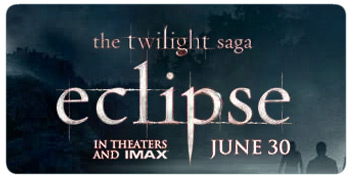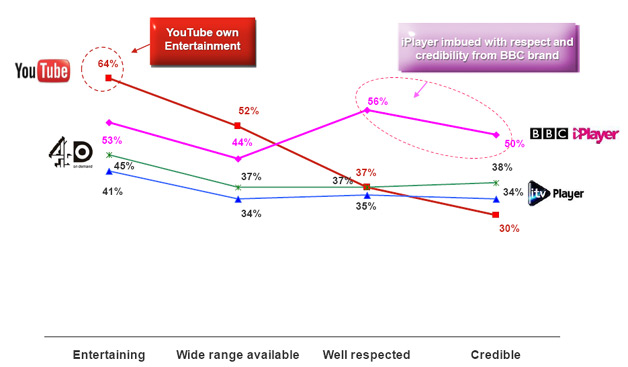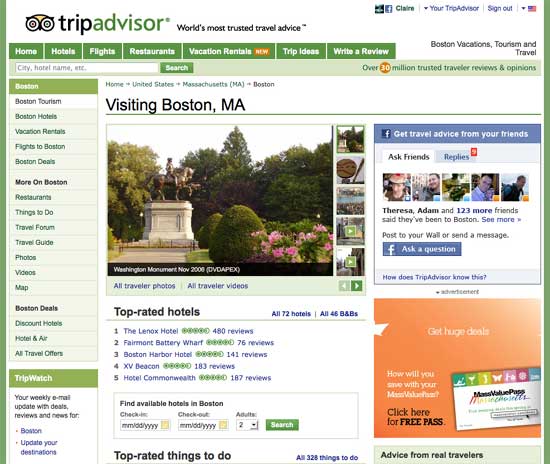Facebook may be in big trouble. Mashable is pointing to a study from Roiworld that surveyed 600 teenagers, and found that while 80% of them are spending two hours per day online (on average), they are also showing signs of Facebook fatigue. According to this survey, one in five who have a Facebook account are either using it less or no longer visit it at all.
Is Facebook fatigue a threat to Facebook’s future? Share your thoughts.
You may recall that Facebook COO Sheryl Sandberg gave a speech at the Nielsen Consumer 360 conference recently indicating that email is "probably going away". The reason for this that she gave is, "In consumer technology, if you want to know what people like us will do tomorrow, you look at what teenagers are doing today, and the latest figures say that only 11% of teenagers email daily. So email (I can’t imagine life without it) is probably going away. So what do teenagers do? They SMS and increasingly they use social networking."
If the aforementioned survey is indicative of the bigger picture, than Facebook Fatigue is what many of us will experience tomorrow. Uh oh…
Some other interesting stats from the survey:
– 16% are leaving because their parents are there
– 14% leaving because there are "too many adults/older people" there
– 13% concerned about privacy
Ok, let’s get to reality now. Facebook is not in any immediate trouble. It’s growing like a very stubborn weed. That may not last forever, but even if teenagers stop using it, it has become so ingrained in society at this point it may be around for quite some time anyway.
Other noteworthy stats from the survey:
– Facebook still the most popular social network among teens
– 78% have created a profile
– 69% still use it
Even with all of the recent privacy uproar, Facebook managed to keep growing. Then there’s the fact that all surveys should be taken with ample grains of salt, and are almost never truly indicative of the entire picture.
That’s not to say that there is nothing to the survey, because frankly, I think many of us have felt some amount of Facebook fatigue, and it’s up to Facebook to keep itself interesting and relevant. However, that is exactly what the company has been trying to do, as it has expanded across the web via the open graph, and places more emphasis on Facebook credits (very related to gaming, not to mention huge e-commerce implications).
Yet more noteworthy stats from the survey:
– A third of the teens who play games on Facebook spend at least 50% of their time on Facebook playing them
– 75% claim to play games on the web
Like email, Facebook isn’t going anywhere anytime soon. Email is doing just fine and so is Facebook for the foreseeable future. Though email has proven a lot more than Facebook has so far.
On a related note, Gartner is saying that wireless email users will reach a billion by the end of 2014. "People increasingly want to use mobile devices for collaboration to share content, information, and experiences with their communities," sayd Monica Basso, research vice president at Gartner. "Social paradigms are converging with e-mail, instant messaging, voice over Internet Protocol (VoIP) and presence, creating new collaboration styles"
Wow, could there be room for both Facebook and email? What a concept.
Do you experience Facebook fatigue? Let us know.
 According to Wired, Asus is working on a new tablet that will run Android instead of Windows. Meanwhile, Engadget is reporting that Lenovo is promising its own Android tablet before the year’s end. Get ready for iPhone vs. Android Part 2: The Tablet Chapter.
According to Wired, Asus is working on a new tablet that will run Android instead of Windows. Meanwhile, Engadget is reporting that Lenovo is promising its own Android tablet before the year’s end. Get ready for iPhone vs. Android Part 2: The Tablet Chapter.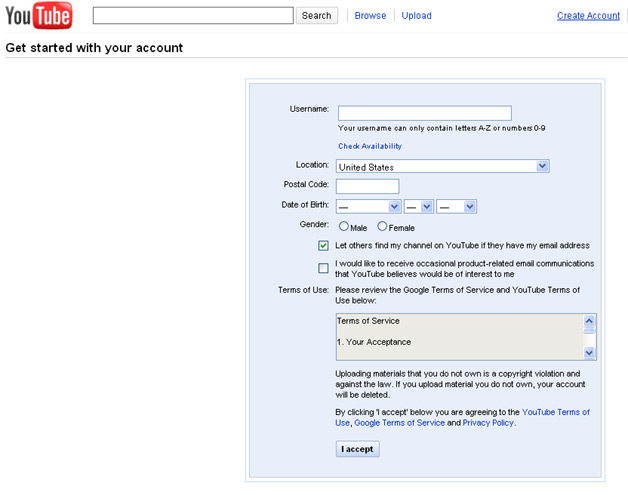
 "While most of the buzz in the media is about mobile apps, the reality of the situation is that 118 million more people use Conduit-powered apps than iPhone and Droid apps combined," says Conduit president Adam Boyden. "In fact, the Conduit Network of app publishers and users is so large that we are able to identify unique trends about web app usage."
"While most of the buzz in the media is about mobile apps, the reality of the situation is that 118 million more people use Conduit-powered apps than iPhone and Droid apps combined," says Conduit president Adam Boyden. "In fact, the Conduit Network of app publishers and users is so large that we are able to identify unique trends about web app usage." "Social networking is an extremely important tool both for personal and professional-relationship building. And while most companies’ concerns around social networking in the office center around the loss of employee productivity, what they may not realize is that many social networking sites are built on interactive technologies that give cybercriminals endless opportunities to exploit end users, steal personal identities or business data, and corrupt corporate networks with malware," said David Perry, global director of education,
"Social networking is an extremely important tool both for personal and professional-relationship building. And while most companies’ concerns around social networking in the office center around the loss of employee productivity, what they may not realize is that many social networking sites are built on interactive technologies that give cybercriminals endless opportunities to exploit end users, steal personal identities or business data, and corrupt corporate networks with malware," said David Perry, global director of education, 
